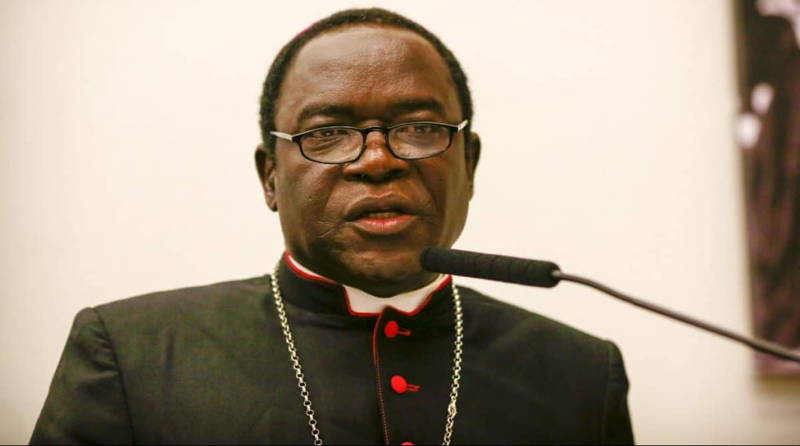
Prominent stakeholders, including Bishop Matthew Hassan Kukah, the Chartered Institute of Taxation of Nigeria (CITN), the Nigeria Employers’ Consultative Association (NECA), and the Petroleum and Natural Gas Senior Staff Association of Nigeria (PENGASSAN), have outlined recommendations for the successful implementation of Nigeria’s tax reform bills. The suggestions were presented during a recent policy dialogue held to discuss strategies for improving the nation’s tax framework and ensuring fiscal stability.
Bishop Kukah emphasized the importance of balancing tax reforms with the welfare of citizens. He highlighted the need for government transparency in tax collection and utilization, warning against policies that could exacerbate poverty. “The social contract between the government and the people must be strengthened through responsible taxation,” he stated.
CITN President, Mr. Samuel Olufemi, called for a comprehensive overhaul of the tax administration system to address inefficiencies and loopholes. He stressed the need for simplified tax processes, which he believes would encourage compliance among individuals and businesses.
NECA Director-General, Mr. Adewale-Smatt Oyerinde, urged the government to engage extensively with the private sector to create tax policies that foster economic growth. “Taxation should not stifle businesses but should serve as a tool for development. Collaboration is key to achieving this balance,” he noted.
Similarly, PENGASSAN President, Mr. Festus Osifo, highlighted the implications of tax reforms on the energy sector. He advocated for measures to shield critical sectors from excessive taxation, emphasizing their role in driving economic stability and job creation.
The dialogue concluded with a consensus on the need for sustained stakeholder engagement, transparent implementation of tax policies, and mechanisms to ensure accountability. Participants also called for public awareness campaigns to educate Nigerians on the benefits of tax reforms and the role of taxes in national development.
The proposed tax reforms are part of the government’s broader strategy to boost revenue, curb deficits, and create a more equitable fiscal environment. However, the recommendations from key stakeholders underline the importance of ensuring that the reforms do not disproportionately burden the vulnerable or hinder business growth.
The federal government is expected to review the input from stakeholders as it finalizes its tax reform agenda.






